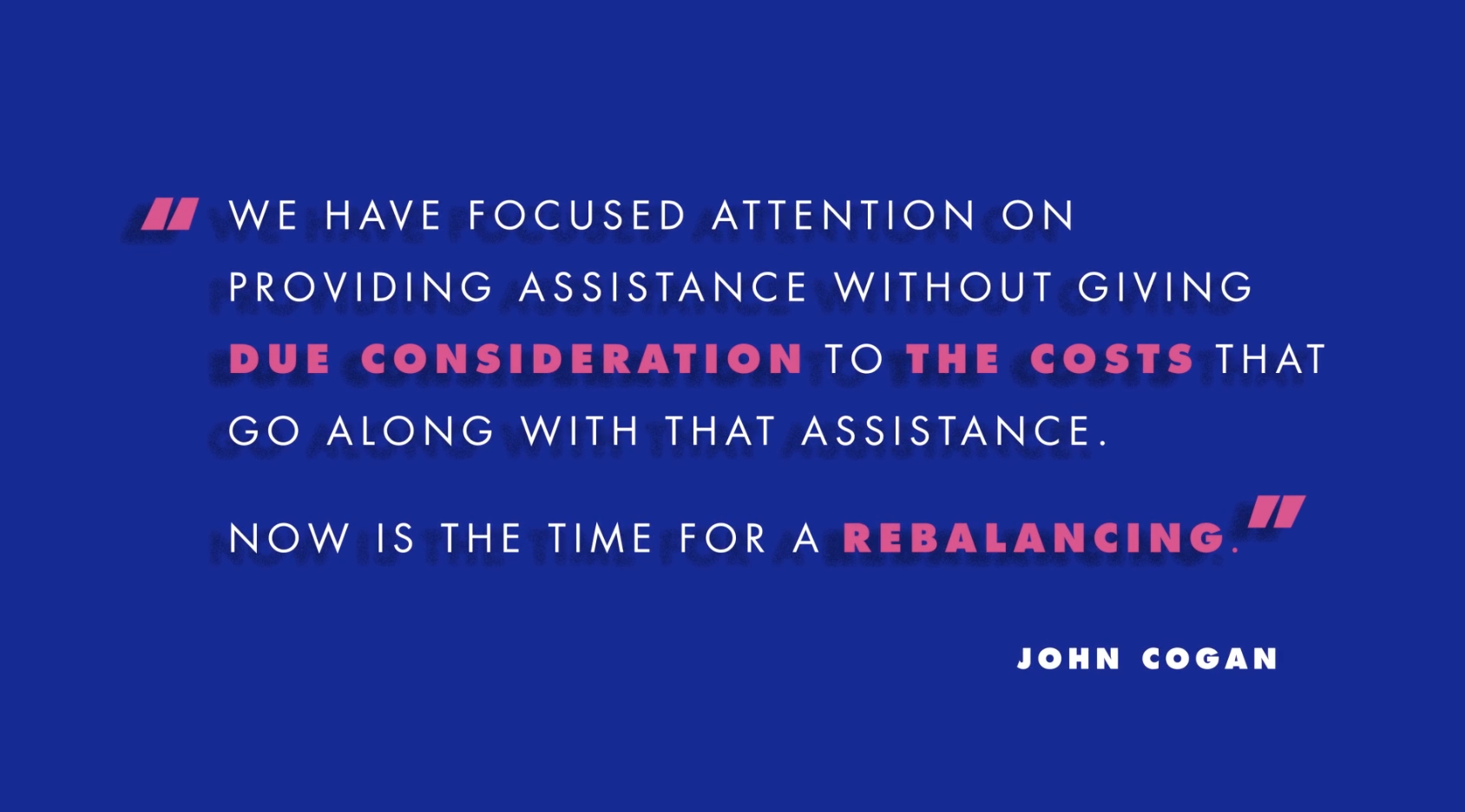Key Point
Entitlement programs, like Social Security, Medicaid, Medicare, and Food Stamps, come from the normal human desire to help those who cannot help themselves. But an important lesson in economics is that every decision or activity has a trade-off. When it comes to entitlements, it’s that eventually they either have to be taken away as income increases or that they discourage economic activity by promising benefits where there otherwise wouldn’t be any.
What does that mean in real life? Low income individuals in America receive health insurance through Medicaid or subsides through the ACA, and Food Stamps to help purchase basic necessities. But when their income rises, they receive less assistance. While their take-home income may continue to rise, there is an intrinsic penalty on working more to earn more money.
People ultimately choose between work and leisure – that is, anything that isn’t work. It is possible to offer entitlement or welfare benefits in a way that make the return to notworking more attractive than working. And even if things don’t go that far, the result of providing benefits to individuals who can survive without them is to encourage them to work less.
Similarly, Social Security and Medicare promise people that they will have a certain level of resources available in their retirement. As a result, people save less and consume more during their working years than if there were not entitlement programs. That would be less problematic if the offset were one-for-one, but since these retirement assistance programs are vastly underfunded, the government is putting many seniors – and their counterparts who are working and paying for their benefits – on an unfortunate fiscal path.

